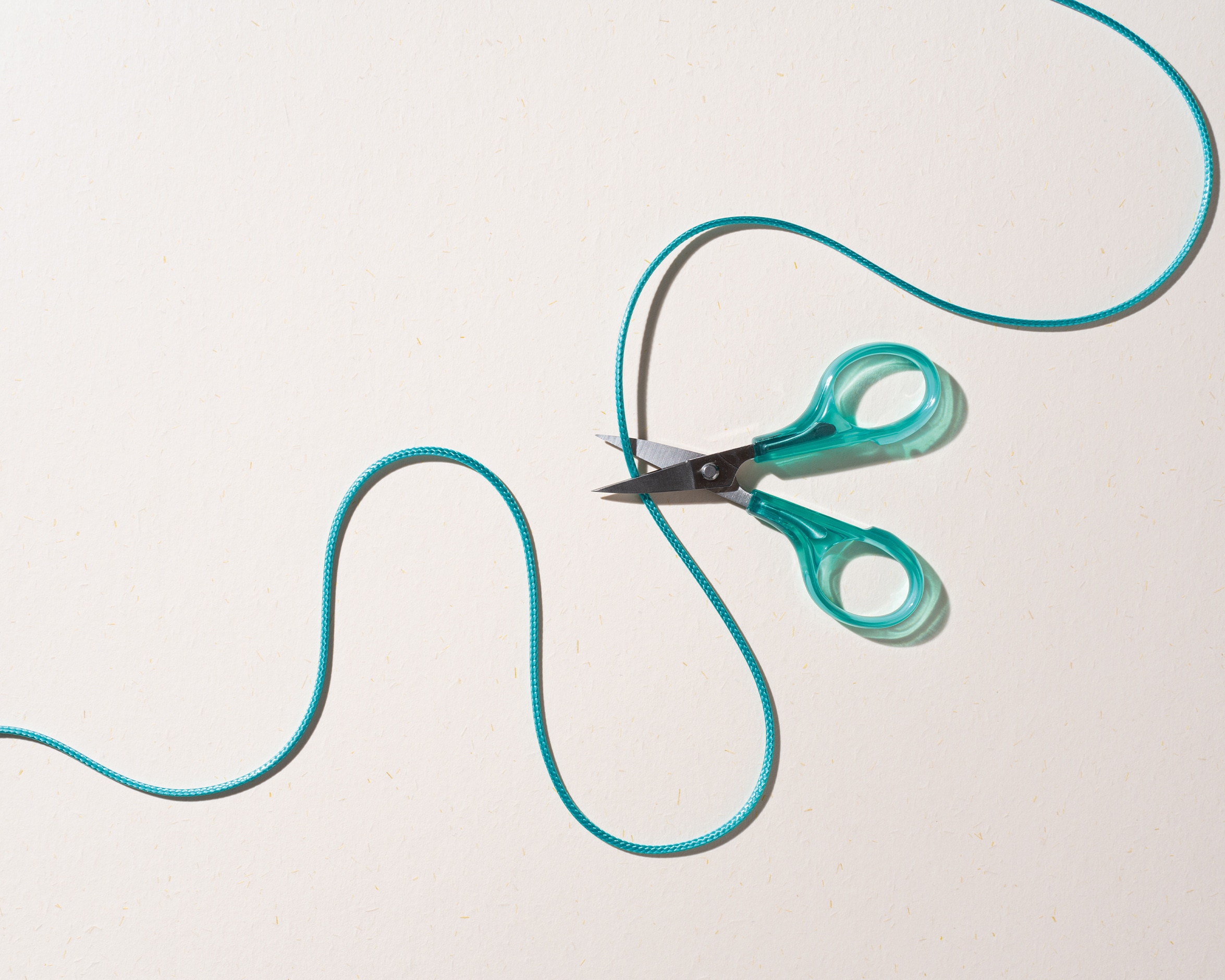Healthy friendships are seriously good for you, both mentally and physically. Good friends won’t just be there to help you make happy memories; they’ll also be there to help you deal with unhappy ones, supporting you through trauma and making you feel better about yourself through thick and thin. And it’s not just about having some company. Having friends can reduce stress, alleviate symptoms of depression and give you a sense of purpose or belonging.
People with positive social connections are less at risk for high blood pressure and obesity – and true strong, meaningful connections later in life have even been shown to help us live longer. What’s not to love? There’s just one problem: As we move through adulthood, we change – and, as it turns out, so do our relationships. So, how do you navigate your changing social web and strike a healthy balance between holding on and letting go?
1. Change is natural
Growing out of some things is an unavoidable part of life, and we all do it at our own pace. Just as healthy friendships are good for you, unhealthy ones could be holding you back. Maybe at some point you were okay with binge-drinking and working your way through a few packs of cigarettes a weekend, or gaming for 72 hours straight, or living on energy drinks and takeaways. Maybe you still are (we’re not judging) but you may not always want to be – and that may affect your friendships.
2. It’s okay to say no
It may be uncomfortable and you may end up feeling guilty (or even a bit boring), but sometimes you need to allow yourself to decline an invitation – even if peer pressure is strong. This may be because you’re prioritising family or chilling with your partner, or perhaps you just feel like staying in. Learn to establish healthy boundaries around your time. There’s no need to miss every event, but it’s a good idea to cultivate the habit of saying no and doing what feels right for you. That said, no one likes a flaker – it’s fine to decline when you’re invited, but avoid saying yes and then cancelling at the last minute.
Also read: Charge your friendship battery
3. Broaden your horizons
If you’re in a bit of a rut with your friends, then it may be time to find new people to socialise with. It could be a new colleague or an old childhood buddy you’ve reconnected with. There are hundreds of activities, sports clubs, gatherings and associations you could join to shake up your life, perhaps with making more friends in mind. You may even find new, healthy ways to spend time with your old friends.
4. Be the best friend
You can’t reasonably expect to have great friends if you’re not that great of a friend yourself. While you may be keen to make some social circle changes, you don’t necessarily need to cut all ties with them and go ‘cold turkey’. Your old friendships can still be maintained, even if your interests and needs have changed. Check in with your old friends, even if you aren’t seeing them regularly; remember birthdays and special events, and make the effort to get back to people. These tips apply when meeting new people, too. You’ll only get out what you put in.
Words by: Rhynhardt Krynauw
Illustration: Getty Images





